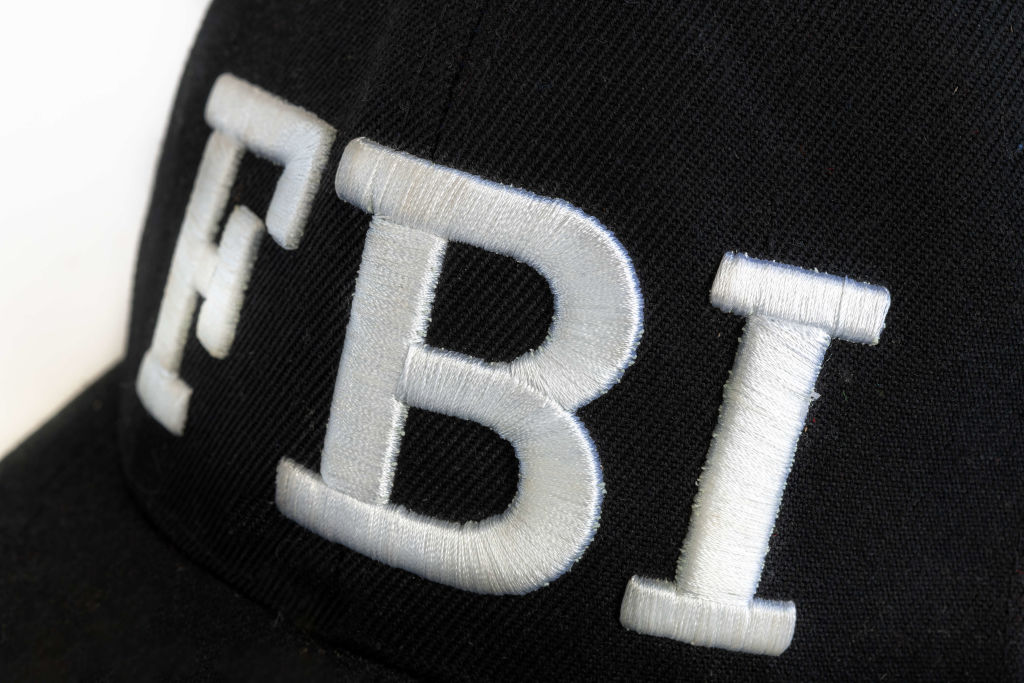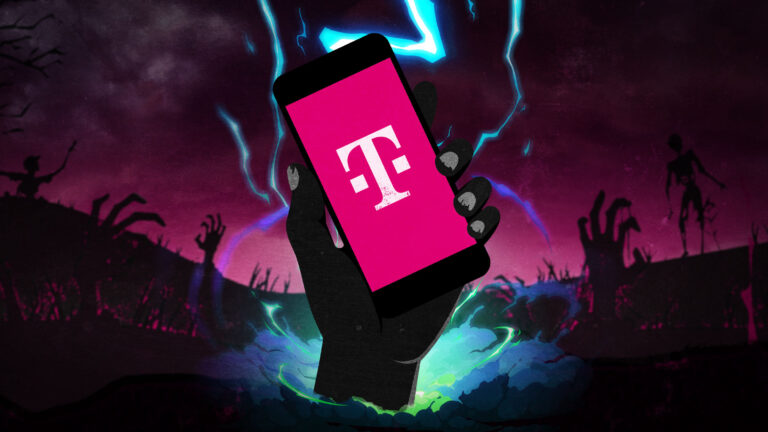Last month, the FBI created a national online database to finally start coordinating law enforcement reports about "swatting" attacks nationwide, NBC News reported yesterday.
Swatting is a form of domestic terrorism that is sometimes deadly and has become more widespread in the US, according to a March report from Hal Berghel, a computer science professor at University of Nevada, Las Vegas. Berghel's report defined swatting as:
A malicious act that involves making fraudulent 911 calls to cause emergency response teams, such as law enforcement special weapons and tactics teams, or SWAT teams (that’s where the gerund’s root comes from), to react forcefully to a nonexistent public threat.
Scott Schubert, of the FBI's Criminal Justice Information Services, told NBC News that the database will help combat the growing swatting problem by facilitating "information sharing between hundreds of police departments and law enforcement agencies across the country pertaining to swatting incidents."
On college campuses, swatting is notably increasing. Nine campuses across the US were targeted by swatting attacks in a single week in April, NBC News reported.
Swatting has become so common, Berghel wrote, that several subclasses have already been defined, including celebrity swatting, gamer swatting, partisan swatting (directed against politicians), and hate swatting. The FBI's database will help to unify law enforcement efforts to combat the problem nationwide, Schubert told NBC News, by piecing together a "common operating picture of what’s going on across the country."
Berghel wrote that "by everyone's estimate," swatting is on the rise, but until now, law enforcement has not officially tracked swatting incidents, because law enforcement does not track swatting as a separate category of crime and there is no federal swatting law. Instead, swatting statistics get absorbed as cases are prosecuted "under other statutes dealing with fraud, civil rights, hate crimes, the national defense, and so on," Berghel wrote.
While there are no official statistics on swatting now, a former FBI swatting expert told the Economist in 2019 that he estimated that "annual swatting incidents have climbed from roughly 400 in 2011 to more than 1,000" in 2019. More recently, a 2023 survey from a non-governmental organization dedicated to civil rights, the Anti-Defamation League (ADL), found that while swatting may not be as common as other forms of online harassment—like being the target of hate speech or doxxing—teens (11 percent) report experiencing swatting more often than adults (2 percent).


 Loading comments...
Loading comments...
